Learn more about our impact
Learn more about our impact
- What we care about
- People
- Places
- Species
- Climate crisis
- Sustainability
- How we work
- Public policy
- Science
- Business
- Wildlife conservation
About WWF
WWF works to sustain the natural world for the benefit of people and wildlife, collaborating with partners from local to global levels in nearly 100 countries.

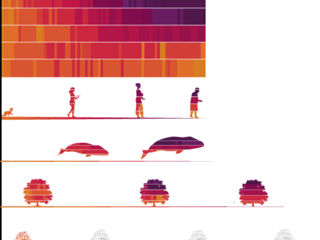
 Sustainability Works
Join WWF at GreenBiz23
Sustainability Works
Join WWF at GreenBiz23
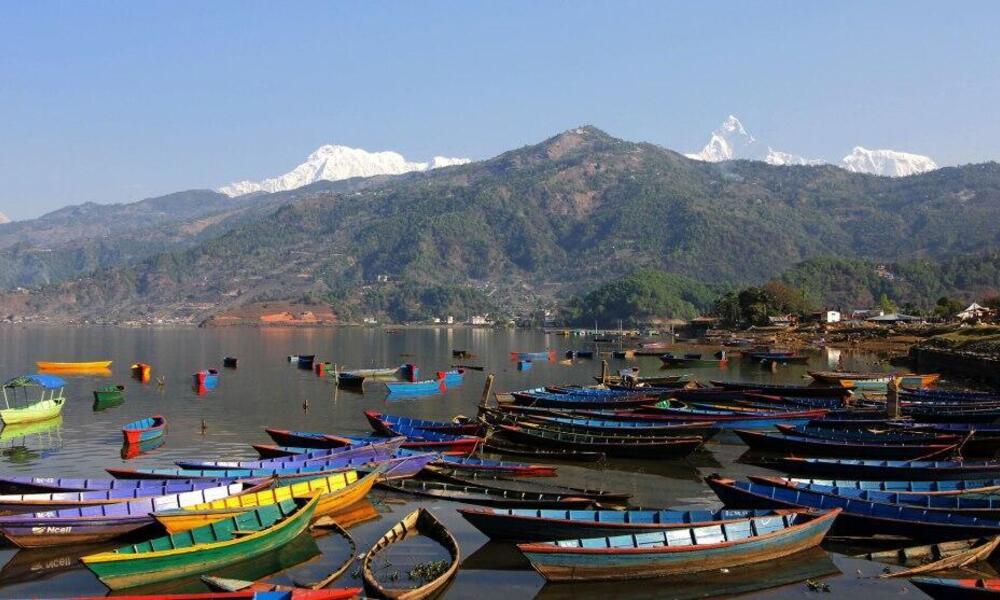
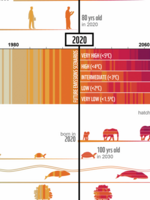
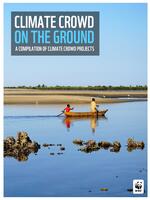
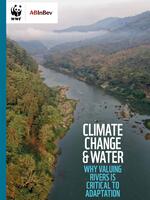
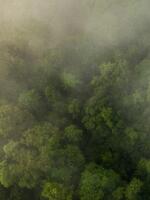
 Shaun Martin
Vice President and Deputy, Climate Change
Shaun Martin
Vice President and Deputy, Climate Change
 Nikhil Advani
Director, Climate, Communities and Wildlife
Nikhil Advani
Director, Climate, Communities and Wildlife
 Ryan Bartlett
Director, Climate Risk Management & Resilience
Ryan Bartlett
Director, Climate Risk Management & Resilience
 Anita van Breda
Senior Director, Environment and Disaster Management
Anita van Breda
Senior Director, Environment and Disaster Management
 Brent Loken
Global Food Lead Scientist, Global Science
Brent Loken
Global Food Lead Scientist, Global Science